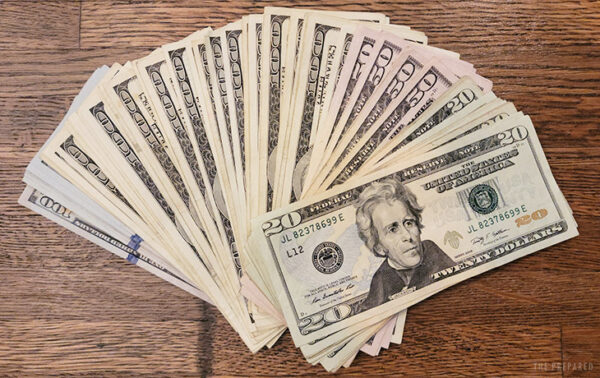The idea of issuing $5,000 “DOGE Dividend Checks” to American taxpayers has sparked widespread debate.
Proposed by James Fishback, CEO of Azoria and an adviser to the Department of Government Efficiency (DOGE), the plan suggests using savings from DOGE’s aggressive cost-cutting measures.
Elon Musk, who leads DOGE, has expressed interest in the proposal but acknowledges significant challenges.
Musk’s Comments on the Proposal
Elon Musk recently stated on his social media platform X that he would “check with” President Donald Trump about the feasibility of the $5,000 checks.
Musk described the $2 trillion savings target as a “best-case scenario” and admitted that achieving even half of that amount would be a significant accomplishment. He emphasized that any decision regarding the checks ultimately rests with Congress and the President.
Musk also highlighted the potential benefits of returning a portion of DOGE’s savings to taxpayers, stating, “We wanted to make DOGE real for millions of Americans.”
However, he tempered expectations by noting that current savings are far below the ambitious target.
The Proposal in Detail
The “DOGE Dividend” plan suggests allocating 20% of DOGE’s projected $2 trillion savings—approximately $400 billion—to taxpaying households.
This would result in a $5,000 check for each of the estimated 79 million eligible households.
Fishback argues that these payments would serve as compensation for taxpayers and incentivize workforce participation, as only households paying federal income taxes would qualify.
Challenges and Feasibility
Despite its appeal, the proposal faces significant obstacles:
-
Savings Shortfall: To date, DOGE claims to have saved $55 billion. If checks were issued now, they would amount to just $137 per household. Some estimates suggest actual savings may be as low as $8.6 billion, reducing potential payments to around $21.
-
Congressional Approval: Lawmakers remain divided on how to allocate DOGE’s savings. Many argue that funds should be used to reduce national debt rather than issuing rebate checks.
-
Inflation Concerns: Critics warn that injecting billions into the economy could drive up inflation. Fishback counters this by suggesting that limiting eligibility to higher-income taxpayers—who are more likely to save than spend—could mitigate inflationary effects.
Public Reaction
The proposal has garnered mixed reactions online. Supporters view it as a tangible benefit for taxpayers, while critics argue that government savings should prioritize debt reduction or other long-term projects.
While Elon Musk’s endorsement has brought attention to the DOGE Dividend Checks, their implementation remains uncertain.
Achieving the necessary savings and securing congressional approval are significant hurdles. For now, taxpayers should view this proposal as an ambitious concept rather than an imminent reality.
Also Read
